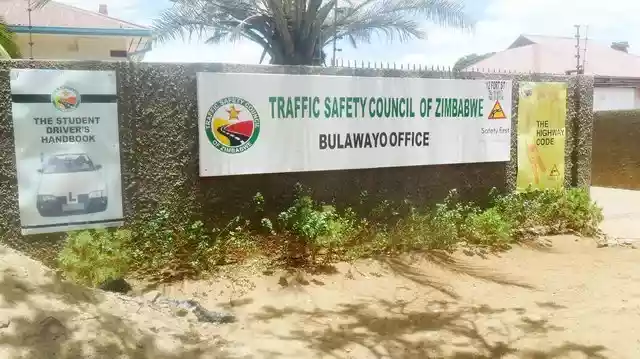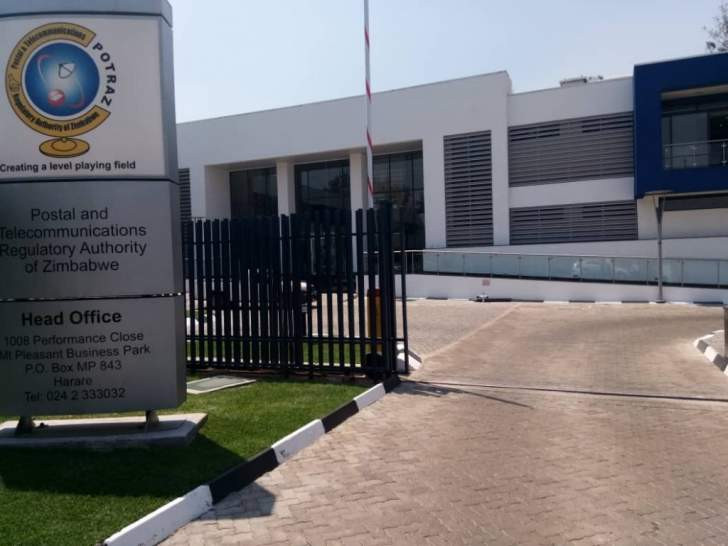
BY MELODY CHIKONO
ZIMBABWE has reached a critical moment in terms of its debt obligations as serious violations of constitutional provisions of public finance management continue unsolved.
Deliberation at this week’s Zimbabwe Coalition on Debt and Development (Zimcodd) and African Forum and Network on Debt and Development (AFRODAD) media initiative show that no steps have been taken to authorise unbudgeted expenditure in violation of Constitution of Zimbabwe Amendment (No 20) Act of 2013, section 300 which limits State borrowings, public debt and State guarantee.
Nothing was also done with regards to the violation of Public Finance Management (PFM) Act [Chapter 22:19] of 2009 Sections 61 which sets a 30% threshold for government debt and 40% for guarantees.
Currently, the government’s overdraft at the RBZ exceeds limits set in the RBZ Act of 2010 while public debt exceeds the limit set in the Public Debt Management Act [Chapter 22:21] of 2015 with respect to the 70% debt to gross domestic product ratio. Zimbabwe also exceeded Southern African Development Community protocol on finance and investment benchmarks of 60%.
Transparency International Zimbabwe executive director Tafadzwa Chikumbu said the government’s ambitious Vision 2030 would remain a fallacy unless the debt issue was resolved through a holistic sustainable and inclusive debt management framework.
“The country has reached a critical moment and needs to wean itself off the debt trap and associated macroeconomic stagnation. The government’s ambitious Vision 2030 will remain a fallacy unless the debt issue is resolved through a holistic sustainable and inclusive debt management framework. The national debt should, therefore, be viewed and treated as a symptom of the wider structural and political challenges inherent in the economy. Dealing with these challenges will form an integral part of a sustainable debt strategy,” Chikumbu said.
Without addressing the challenges inherent in the economy, Chikumbu said it would be difficult to prevent future indebtedness, adding that the government should simultaneously implement structural, political and sound macroeconomic policies as part of a sustainable and inclusive debt management strategy.
- Chamisa under fire over US$120K donation
- Mavhunga puts DeMbare into Chibuku quarterfinals
- Pension funds bet on Cabora Bassa oilfields
- Councils defy govt fire tender directive
Keep Reading
Zimbabwe has been in debt distress since 2000 when the country first defaulted on its external obligations.
- Follow us on Twitter @NewsDayZimbabwe










